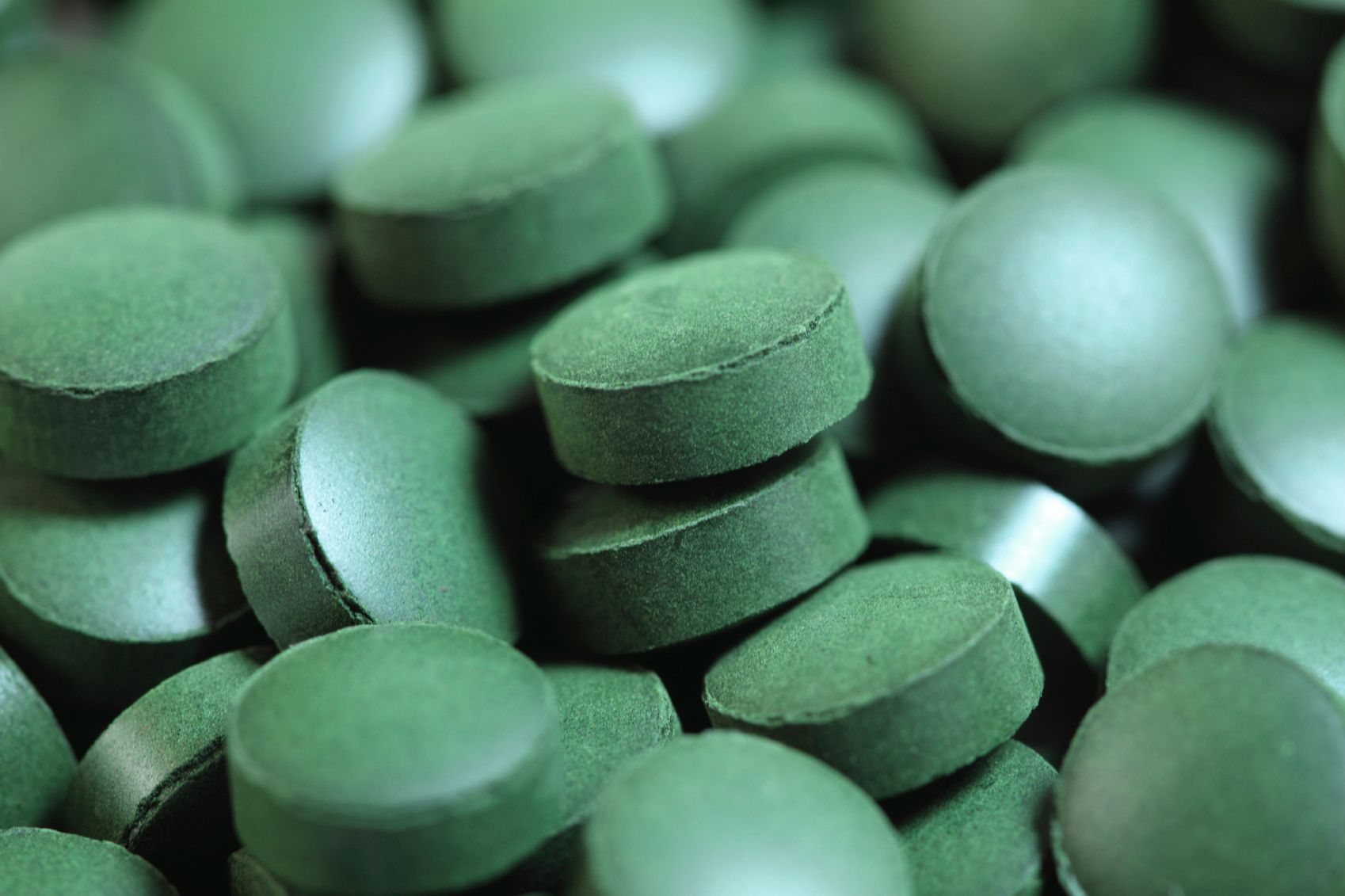Chlorella Found To Be Effective Lutein Source
Research shows that lutein from chlorella becomes concentrated not just in blood plasma but in erythrocytes, too.

Behind all that chlorophyll, chlorella (Chlorella vulgaris) is a rich source of lutein, a healthful carotenoid that can color plants yellow. But Japanese researchers acknowledge that little is known of how lutein from these green algae is concentrated in the blood.
A recent human trial showed that chlorella increased lutein in human blood plasma, but carotenoids are known to reside in both human blood plasma and erythrocytes (red blood cells). Studies indicate an importance of lutein when it’s found in erythrocytes, but little information is available on chlorella, or other food sources of lutein, for efficiently sending lutein to these specific blood compartments.
Writing in the Journal of Oleo Science, Japanese researchers believe they have the first evidence that chlorella lutein reaches erythrocytes. For two months, 12 healthy subjects were assigned to consume a large dose of chlorella daily (9 g), equaling 32 mg of lutein daily. Blood collections at the end of each supplementation month, and one month after, would reveal how chlorella affected concentrations of lutein and other carotenoids in erythrocytes.
Lutein concentrations in erythrocytes increased four-fold during supplementation and dropped back by the final blood reading, one month after supplementation. Zeaxanthin, alpha-carotene, and beta-carotene levels also increased. An absence in any other meaningful changes in other blood biochemistry left the researchers to conclude that even this large dose of chlorella is safe for human consumption.
Because of lutein’s ability to act as an antioxidant, and this new indication of its arrival at erythrocytes, there may be additional breakthroughs to uncover. The researchers explain:
“We previously found that there was a higher accumulation of phospholipid hydroperoxide, an oxidative stress marker, in erythrocytes of dementia patients…In the present study, orally administered Chlorella lutein was incorporated into erythrocytes at high concentrations. Such lutein may have the potential to act as an important antioxidant for erythrocytes, and it might contribute to the prevention of dementia. This possibility warrants the testing of Chlorella in in vivo dementia models with an eventual goal of use in human therapy.”
Chlorella Industry (Fukuoka, Japan) provided chlorella tablets for the study.


